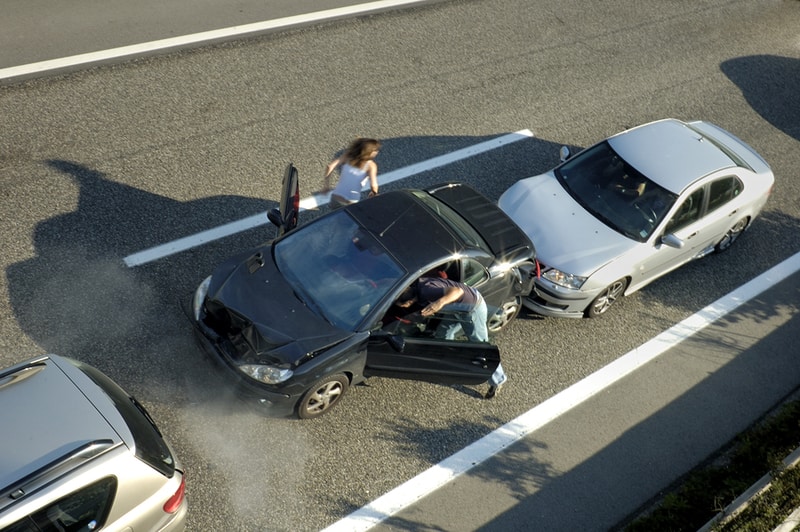Most of us hope that we’ll never witness a car accident. From time to time, though, accidents do occur. If you’re among the first people on the scene, you may want to stop and help. While you’re under no legal obligation to do so, you might feel a moral obligation. While being a good citizen is highly rewarding, it can also be dangerous. If you do go to help, be cautious, and keep the following advice in mind.
Stay safe
After witnessing a car accident in Vero Beach, you should ensure that you’re in a safe location before you exit your vehicle. Other drivers may not have noticed the disabled vehicle and may collide with it, or with your car. Stop your vehicle a safe distance away — at least 100 feet. Turn on your hazard lights to warn other drivers and wait until you’re sure it’s safe before getting out of your car. Car accidents often present hazards like broken glass, leaking fuel, or fires.\
Call emergency services
If the accident looks serious, you should phone 911 immediately. Don’t assume that someone else has already called for an ambulance. It’s better for multiple reports to come in than for an accident to go unreported. Contact emergency services, explain the situation and tell the dispatcher as much as you can. For example, state the number of people involved and whether any of them need medical attention.
Approach with caution
You may wish to assist the people involved in the accident. Approach the scene with care, looking out for hazards. If the accident scene looks dangerous, return to your vehicle. You should also be alert to any signs of aggression in those involved. People who have just been involved in a car crash may be shaken, angry, and not thinking clearly. It’s common or altercations to arise. Be careful if you try to intervene and de-escalate the situation.
Assist the injured with care
Unless there is an imminent risk of further injury or death, do not move an injured person. They may have internal injuries that you could exacerbate if you move them. Instruct victims to stay still and let them know that help is coming. Try to keep the person as calm as possible and remain with them until the emergency services arrive.
Note that Florida has a Good Samaritan law, which protects those who render emergency first aid at the scene of an accident. As long as you are acting in good faith, you cannot be held liable for unintentional injuries or property damage caused while you were trying to assist.
Provide eyewitness information
You should stay at the accident scene until the police arrive. The responding officer may wish to take a statement regarding the accident. Stick to the facts. Don’t speculate as to who may have been at fault — tell the officer what you saw.
If you’re not able to stay at the scene, you could give those involved your contact information. The drivers or their insurance companies may wish to contact you later for details about the accident. It’s a good idea to make a few notes about what you saw in case you’re contacted later.
If you are asked to give a statement
You might be asked to testify or give a statement about the accident to the police or for a court case. In most instances, you won’t need to do this — you may never hear anything about the car accident again.
Serving as a witness following a road traffic accident is usually voluntary. You may be asked to give a deposition or to testify on the stand, but it will generally be up to you whether you wish to do this. If, however, the judge orders a court summons, you are obliged to attend court. A summons means that you could face legal repercussions, such as a fine or even jail time if you don’t comply.
Witnessing a car accident can be stressful, particularly if you may be called upon to testify in court. It can be helpful to know what to expect should this happen. You can find out more by contacting an attorney.

